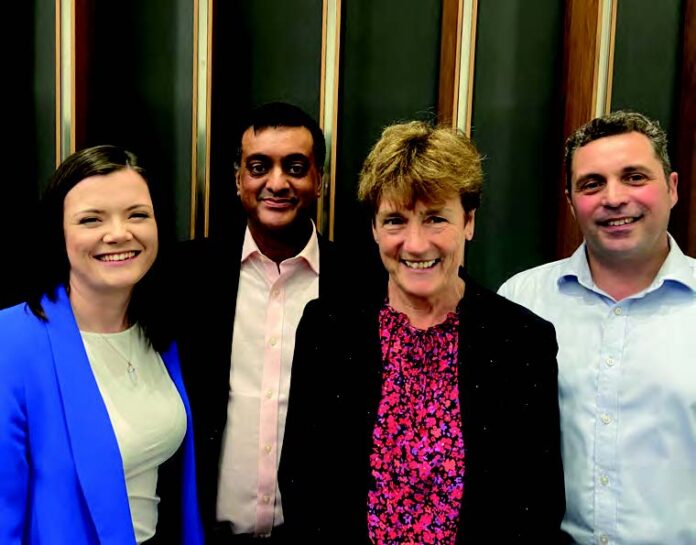May 2023
We report from the Queen Mary University of London’s Future of Tax seminar.
One of real challenges of Making Tax Digital for income tax is the fact that digital systems can’t cope with the 5 April tax year end, explained Anita Monteith of the ICAEW’s Tax Policy Unit.
Speaking at the recent Future of Tax seminar at Queen Mary University of London, she revealed she has been working in tax for over 40 years, and that changing the tax year is something that has been top of her personal agenda all that time.
Trying to digitalise tax now, where the end of the tax year tries to link with VAT, which is accounted on calendar month ends, and where we want to engage internationally, is just not going to work.
However, she is worried UK plc will pay a price for its inertia. People trading on Airbnb and Amazon will, for example, have to share their trading details internationally from 1 January 2024 – so how will that fit with the UK year end?
Monteith believes the UK needs to bite the bullet and start the tax year on 1 January. It has been suggested we move to 31 March first, and although this might seem like an easier option, she said moving to a calendar year would be “so much better”.
She told a packed lecture theatre that the problem is the huge hole the change would make in the nation’s finances. With the UK government using cash accounting, not accruals, there are massive budgetary implications. Monteith also felt the amount of debt the government has now taken on means any change may be viewed as too big a risk at the moment, and we will now have to wait until there is more money in the coffers.
It leaves the UK pretty much on its own, but she pointed out the Irish government managed to make the change in 2002, so it is not an impossible dream!
Moneith was just one of whole host of top speakers at the first of our Future Seminar Series with Queen Mary University of London. You can now check it out on the PQ magazine YouTube channel at https://tinyurl.com/2ptwd5sh
Speakers in order of appearance were:
Dr Ishani Chandrasekara, Programme Director for BSc Accountancy (Flying Start)
Graham Hambly, Editor, PQ magazine
Anita Monteith, Head of Tax Policy, ICAEW
Jason Piper, Policy Lead, Tax and Business Law at ACCA
Makayla Combes, Head of Tax and Business Consultancy, Ad Valorem Group
Neil da Costa, Kaplan senior tax lecturer, author, tax consultant, podcaster
If you could change one tax what would it be?
Anita Monteith (her opinion): Make registering for VAT at a much lower point. Rather than the current £85,000, maybe make it £10,000 or £12,000.
Jason Piper: The requirement to use software from commercial software houses for Making Tax Digital. HMRC promised free software on their behalf and I am not sure that it’s fair!
Neil da Costa: I would increase the nil rate band of IHT from £325,000. Think about how property prices have increased. If you worked hard to develop wealth you should be able to pass it on.
Makayla Combes: Equalising tax reliefs available to corporations. Things like R&D are only available to companies and not sole traders.




